Country Lifestyles
Protecting your family against Mosquitos & Zika Virus
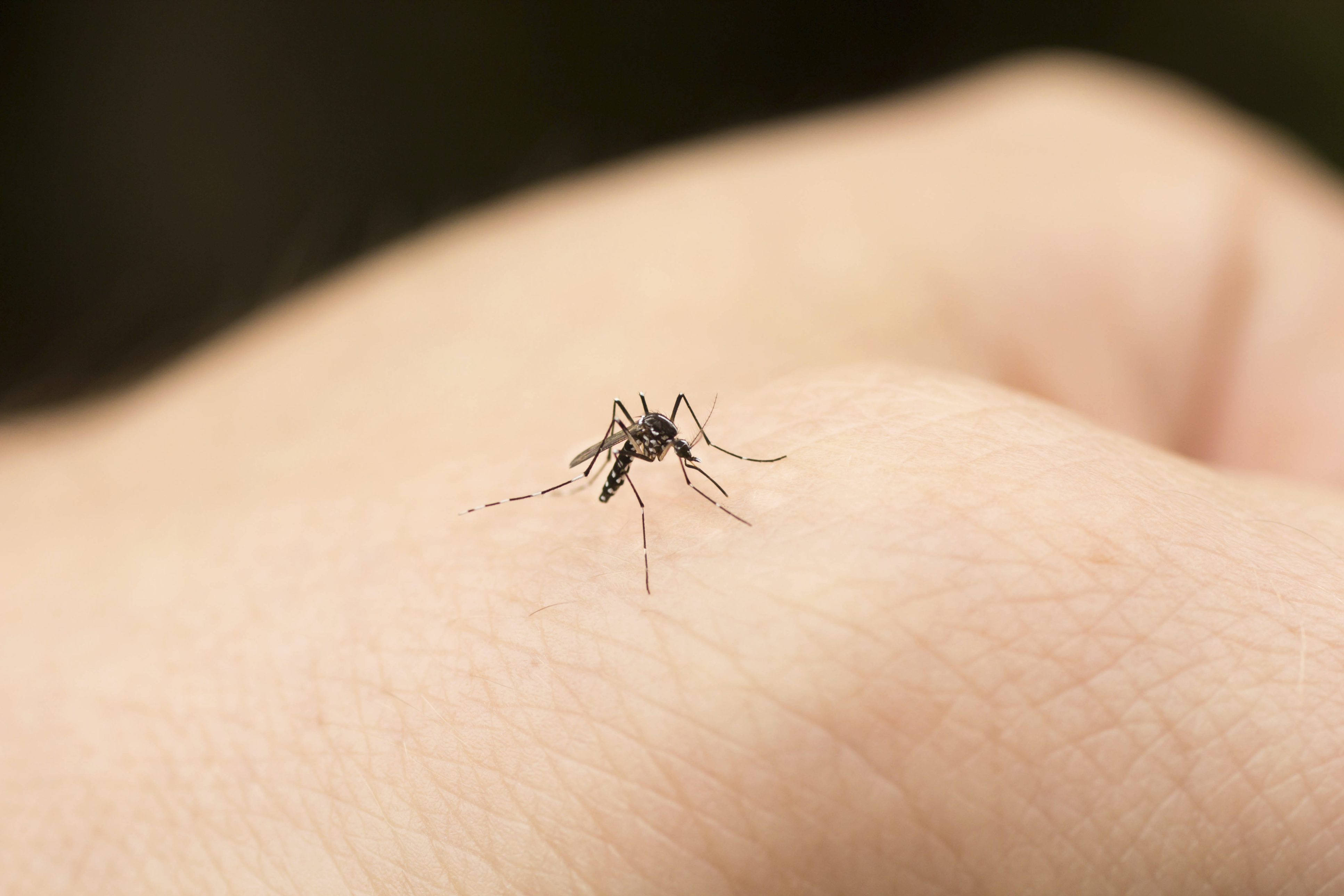
Mosquito season is in high gear in Texas and the new founded Zika virus is on the prowl. There have been 46 recorded cases here in Texas to date and that number will certainly keep rising as we get to the end of the summer into early fall. While a lot of folks must work outdoors, many people are on area lakes and rivers fishing, camping and having fun, some working out in the yard or tending the garden and flowers, and kiddos playing outside having their last bit of fun before school starts, we must be aware of the danger and take precautions to avoid this dreadful disease.
The Zika virus can be brought in from other places by individuals on vacation, business trips, visiting family, and can even be transmitted through sexual contact with infected victims. Folks this is serious and we need to pay attention! Dr. Sonya Swiger, AgriLife Extension Entomologist at Stephenville stated, “It’s the global world we live in today, as people travel and return from areas affected by Zika, some will return carrying the virus. When Aedes mosquitoes bite infected people, they acquire the virus.
The mosquito then transmits it to an uninfected person, passing the virus to them. Epidemics are expected as infected people arrive and locally acquired infections occur, as the many media accounts report, women infected by the virus while pregnant are known to have babies with severe neurological defects. Aside from mosquito infections, additional cases may occur from sexual transmission of the disease. So at this point, controlling mosquitoes and protecting yourself from infection are the two key factors in the rigorous defense against this new mosquito-borne virus threat.”
Dr. Mike Merchant, AgriLife Extension urban entomologist at Dallas stated “fighting Zika will be much different than fighting West Nile virus. Aedes mosquitoes infected with Zika are not easily detected, so health officials have to rely on actual human cases to identify hot spots.”
Ok so what can you do to protect you and your family? Well the first line of defense is the 4-D’s
Drain: Empty standing water, thus eliminating mosquito breeding sites.
Dress: Put on long sleeved shirts and pants when going outside.
Defend: Apply mosquito repellent when going outside.
Dusk and Dawn: Avoid outdoor activity during these two most mosquito-active periods
Other steps you can take for protection- make sure your house is sealed where mosquitos can’t enter such as screen doors or windows. Manage your landscape water features where water will drain and disperse properly. If standing water cannot be readily drained then use Mosquito Dunks or pour a little bleach in the water weekly to prevent or kill the larvae. Anything that holds water should be dumped or treated. Breeding areas can include sites such as containers under potted plants and bird baths.
Other trouble areas are old tires, empty cans and bottles, kiddie pools, buckets, boat tarps and even clogged gutters. Use approved mosquito repellents and always read and follow label instructions. Most repellents can be used on children over two months of age, with the exception of those containing oil of lemon eucalyptus, which should not be used on children younger than 3 years old. For babies under two months of age, infant carriers fitted with mosquito netting are recommended. Pregnant and breast-feeding mothers can safely use EPA-approved insect repellents. EPA and the Centers for Disease Control have evaluated scientific reports and conclude mosquito repellents containing DEET, picaridin, oil of lemon eucalyptus, called IR3535, as active ingredients provide reasonably long-lasting protection from mosquito bites. Everyone will need to pitch in and do their part.
Communicate with your neighbors, if they have standing water they are neglecting, tell them to dump it or treat it. Don’t be shy when it comes to protecting you and your families health. For further information on Mosquitos, control, prevention and diseases please come by or contact our office at 940-668-5412 or visit cooke.agrilife.org
Marty Morgan-Cooke County Ag Agent
Country Lifestyles
Wichita Falls Area Cattlewomen
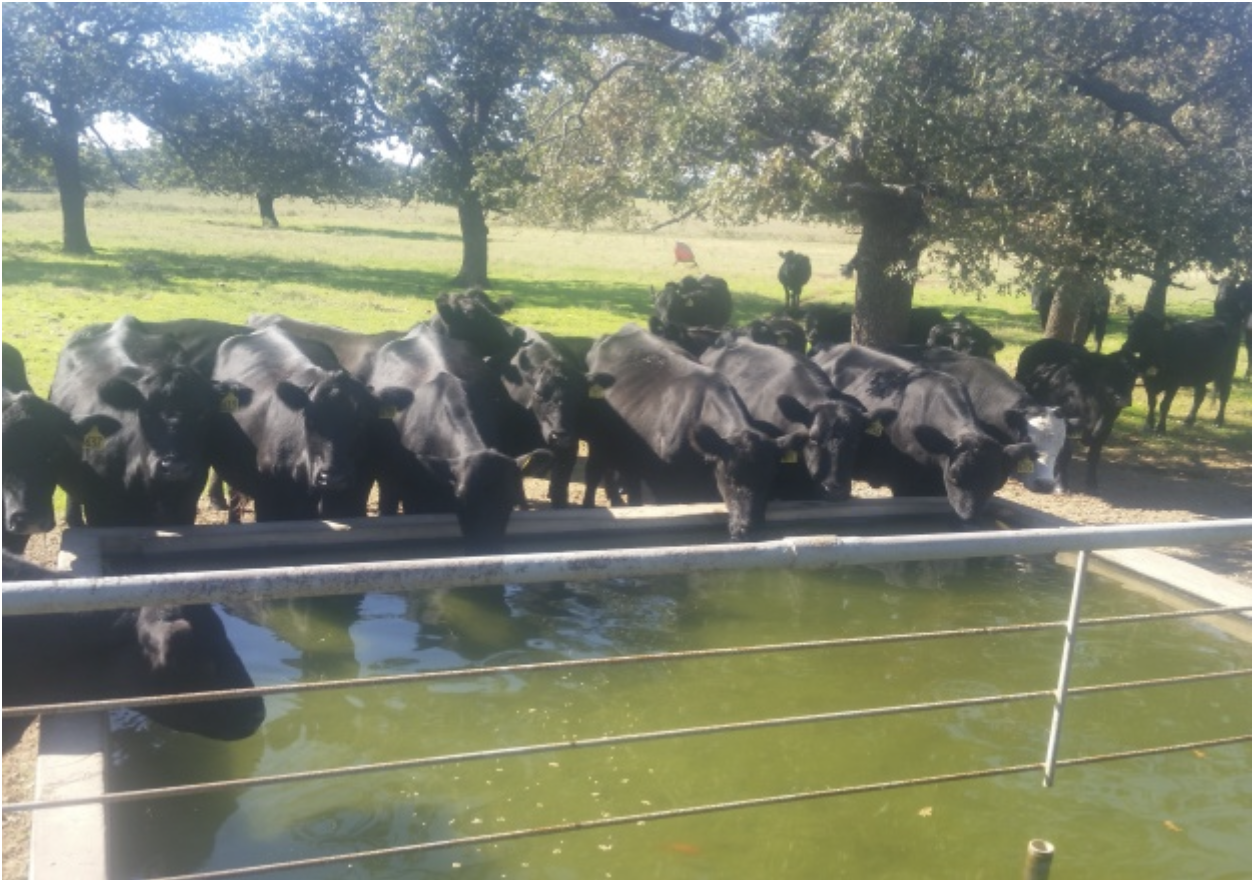
By: Martha Crump
Most cattle producers can tell you quite a lot about balancing cattle diets for energy, protein, vitamins, and minerals based on the specific needs for their herd and type of operation.
A key factor, and one that is often overlooked, is that how your animals perform is also directly affected by their water intake.
Now many of you may already be thinking “well of course water is necessary, anybody knows that!”
In many years, as September marches into October, we are beginning to experience some return of rainfall. But as many of us know, that is not always the case. Often we are still experiencing hot and dry weather, and water supplies are dwindling.
When we find ourselves experiencing those types of fall conditions, it is critical to not only understand the daily water requirements for cattle, but also the impact that the quality of water can have on herd health and development.
To read more, pick up a copy of the October edition of North Texas Farm & Ranch magazine, available digitally and in print. To subscribe by mail, call 940-872-5922.
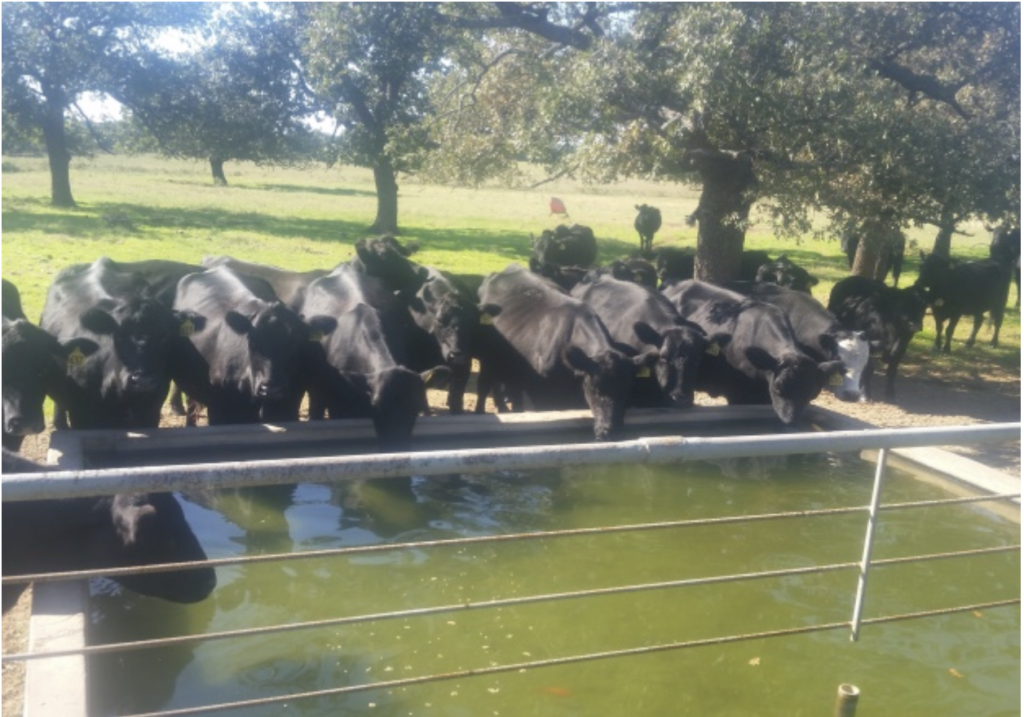
Country Lifestyles
When A Girl Goes Country: When Two Different Worlds Collide

By: Annette Bridges
A friend and I were recently talking about our husbands. She made a comment that I felt also perfectly described me and my hubby.
“He slows me and I hurry him. I’m sure that is why we do well together,” she said.
“Precisely!” I thought. Why?
Because when two different worlds collide, it can be magical.
No matter what those two different worlds are- a man and a woman with very different personalities, beliefs, or backgrounds, two partners with contrasting passions, strengths, or talents, or when a country boy marries a city girl.
To read more, pick up a copy of the October edition of North Texas Farm & Ranch magazine, available digitally and in print. To subscribe by mail, call 940-872-5922.

Country Lifestyles
Emma Harvey- Miss USA Agriculture
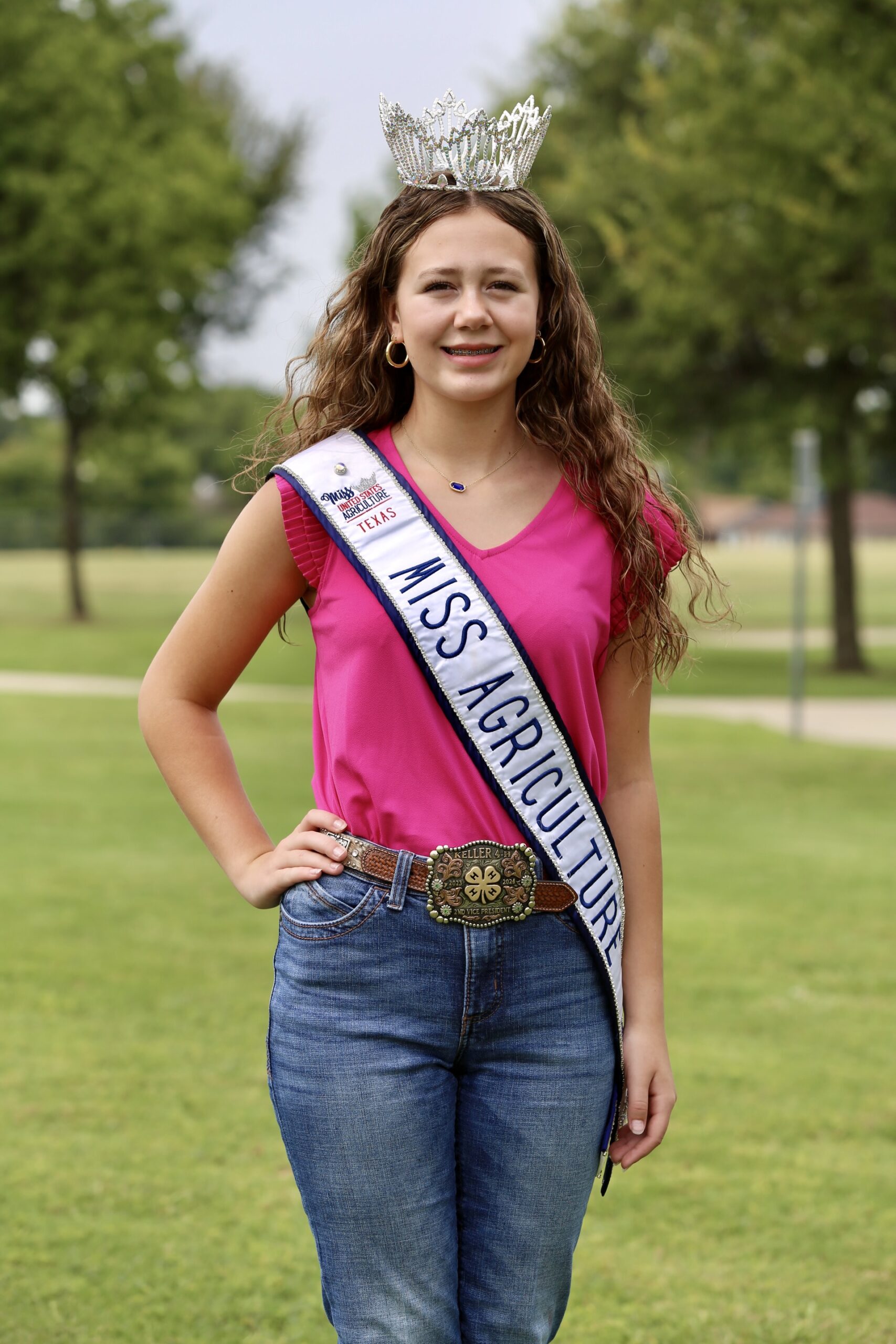
Watauga, Texas, a suburb of Fort Worth, is known for its rich history as a railroad stop, but over the course of the last year, one teen girl has put it on the map for agriculture as well. Emma Harvey has lived in Tarrant County her entire life. Despite being highly involved in her local 4-H chapter, she still felt there was more she could do. In the spring of 2023, she stepped up to the plate to take over the title of Tarrant County Teen Miss Agriculture USA.
“It all started when I put in an application for the teen title here in Tarrant County,” explained Harvey.
The Miss Agriculture USA program is a national non-profit, age-inclusive pageant program that offers both competition and non-competition titles to women dedicated to the promotion of agriculture.
Read more in the October issue of North Texas Farm & Ranch magazine, available online and in print. Subscribe to our newsletter to receive NTFR in your inbox each week.
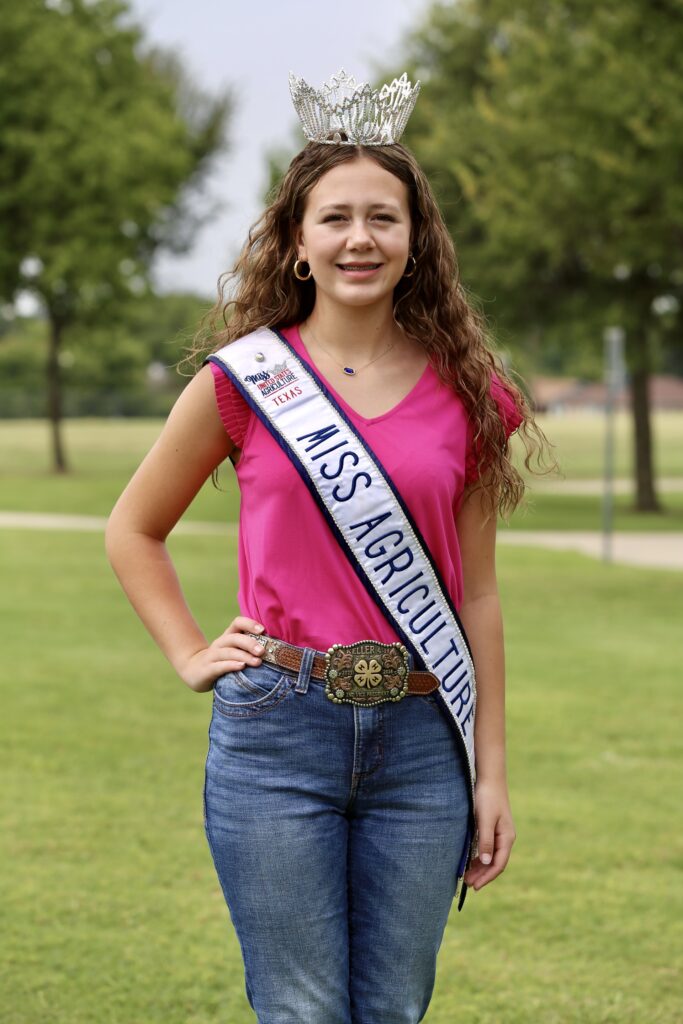
Photo by Hannah Claxton.
-

 Country Lifestyles2 years ago
Country Lifestyles2 years agoScott & Stacey Schumacher: A Growth Mindset
-

 Country Lifestyles8 years ago
Country Lifestyles8 years agoStyle Your Profile – What your style cowboy hat says about you and new trends in 2017
-

 HOME8 years ago
HOME8 years agoGrazing North Texas – Wilman Lovegrass
-

 Outdoor10 years ago
Outdoor10 years agoButtercup or Primrose?
-

 Country Lifestyles5 years ago
Country Lifestyles5 years agoAmber Crawford, Breakaway Roper
-

 Country Lifestyles9 years ago
Country Lifestyles9 years agoJune 2016 Profile – The man behind the mic: Bob Tallman
-

 Equine1 year ago
Equine1 year agoThe Will to Win
-

 Country Lifestyles8 years ago
Country Lifestyles8 years agoDecember 2016 Profile, Rusty Riddle – The Riddle Way




